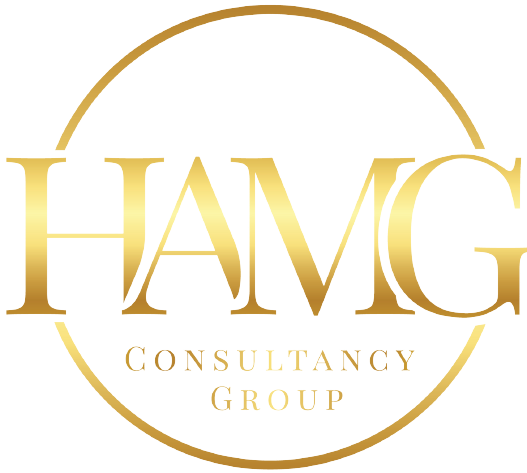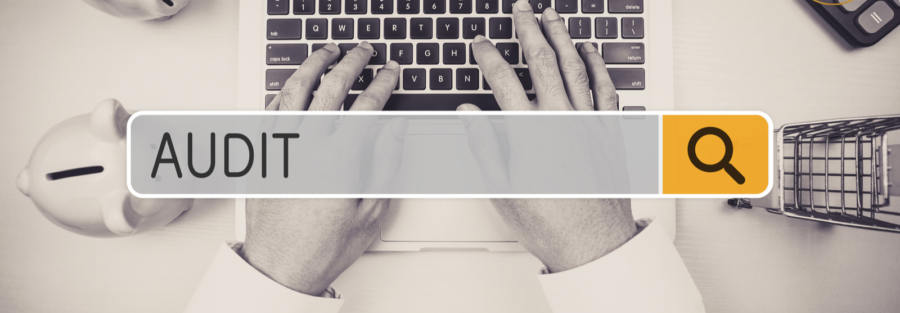Audit evidence is the cornerstone of the auditing process, providing the necessary support for auditors to form an opinion on the financial statements of an organization. However, it is essential to acknowledge that audit evidence is not without its challenges and limitations. We will explore below the various hurdles faced by auditors when obtaining and evaluating audit evidence, shedding light on the potential impact on the accuracy and reliability of audit findings.
- Nature of Audit Evidence:
One of the primary challenges auditors face is the inherent limitations of audit evidence due to its nature. Audit evidence is often persuasive rather than conclusive, meaning it provides reasonable assurance but not absolute certainty. The use of sampling methods in auditing, for example, allows auditors to test a subset of transactions rather than examining every single one. This introduces an inherent risk that errors or irregularities may go undetected due to the limited scope of evidence.
- Reliability and Competence:
The reliability and competence of the individuals providing audit evidence can pose significant challenges. Auditors often rely on management representations, external experts, or internal staff for evidence. However, the potential for bias, intentional misrepresentation, or lack of expertise can compromise the reliability of the evidence obtained. In some cases, management may intentionally manipulate financial records to mislead auditors, making it difficult to obtain trustworthy evidence.
- Document Availability and Quality:
Obtaining appropriate and sufficient documentary evidence can also be a challenge during the auditing process. Some organizations may have inadequate record-keeping systems, resulting in missing or incomplete documents. Moreover, the quality of available documents can vary, ranging from poorly maintained records to those susceptible to tampering or alteration. This limitation hampers auditors’ ability to rely on documents as a reliable source of evidence.
- Complex Transactions and Estimates:
Modern business transactions are increasingly complex, involving intricate financial instruments, derivatives, and complex revenue recognition methods. Additionally, many financial statements contain estimates and judgments made by management, such as the fair value of assets or provisions for potential liabilities. Evaluating the reasonableness of these estimates and assessing the appropriateness of related disclosures can be challenging for auditors. The subjective nature of estimates leaves room for bias or errors, making it difficult to obtain sufficient and reliable audit evidence.
- Time Constraints and Cost:
Auditors often face time constraints and budget limitations, which can impede their ability to gather comprehensive audit evidence. With limited time, auditors must prioritize areas of higher risk, potentially overlooking other aspects of the audit. Moreover, some evidence may require extensive testing, including data analytics, forensic analysis, or external expert opinions, which can be costly. The constraints of time and budget create challenges in obtaining a sufficient and robust body of audit evidence.
- Use of Information Technology:
The reliance on information technology (IT) systems in modern business operations presents both opportunities and challenges for auditors. On one hand, IT systems can provide extensive data for analysis, enhancing the efficiency and effectiveness of audits. However, the complexity and interconnectedness of IT systems can make it difficult to identify and evaluate risks. Additionally, the reliance on automated controls and the potential for unauthorized access or system failures can compromise the reliability of IT-based audit evidence.
- Legal and Ethical Constraints:
Auditors must adhere to legal and ethical requirements, which can limit their ability to obtain certain types of evidence. Confidentiality and privacy laws may restrict access to sensitive information, hindering the auditor’s ability to gather relevant evidence. Additionally, professional skepticism and independence requirements can limit auditors’ reliance on management representations, requiring them to obtain additional corroborating evidence. These constraints add complexity to the process of obtaining sufficient and reliable audit evidence.
In summary, the challenges and limitations of audit evidence underscore the complexity of the auditing process and the need for auditors to exercise professional judgment. Auditors must navigate through the inherent limitations of evidence, ensuring they gather sufficient and appropriate evidence to form an opinion on the financial statements. Overcoming challenges related to the nature of evidence, reliability of sources, document availability, complexity of transactions, time constraints, and legal and ethical considerations is essential for auditors to provide accurate and reliable assurance. By recognizing these challenges and employing appropriate audit methodologies, auditors can mitigate the limitations and enhance the effectiveness of the audit process.




